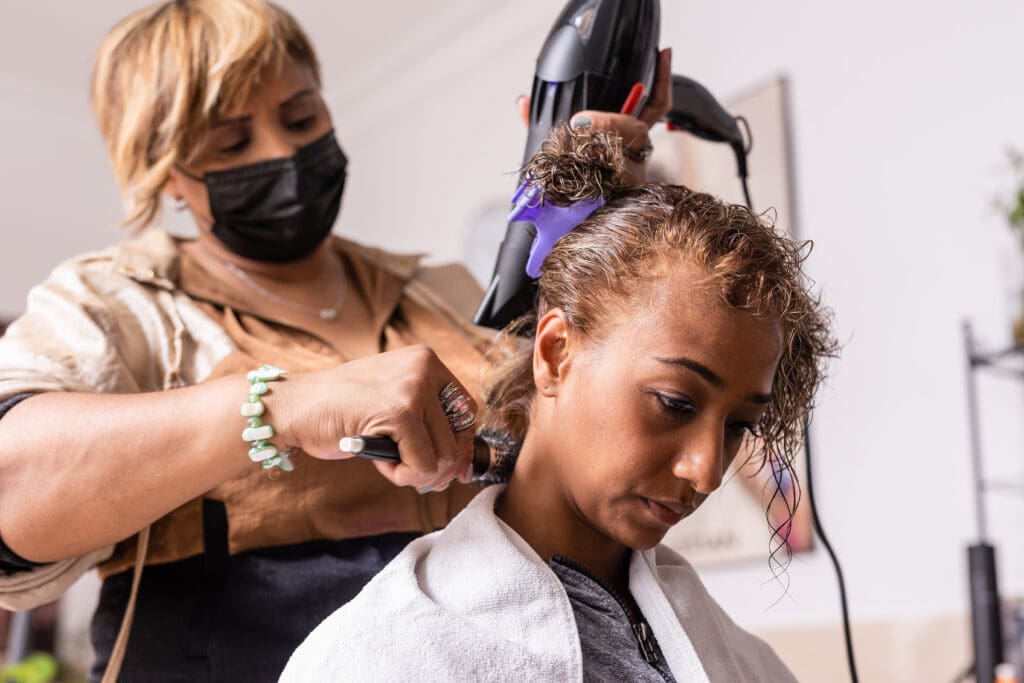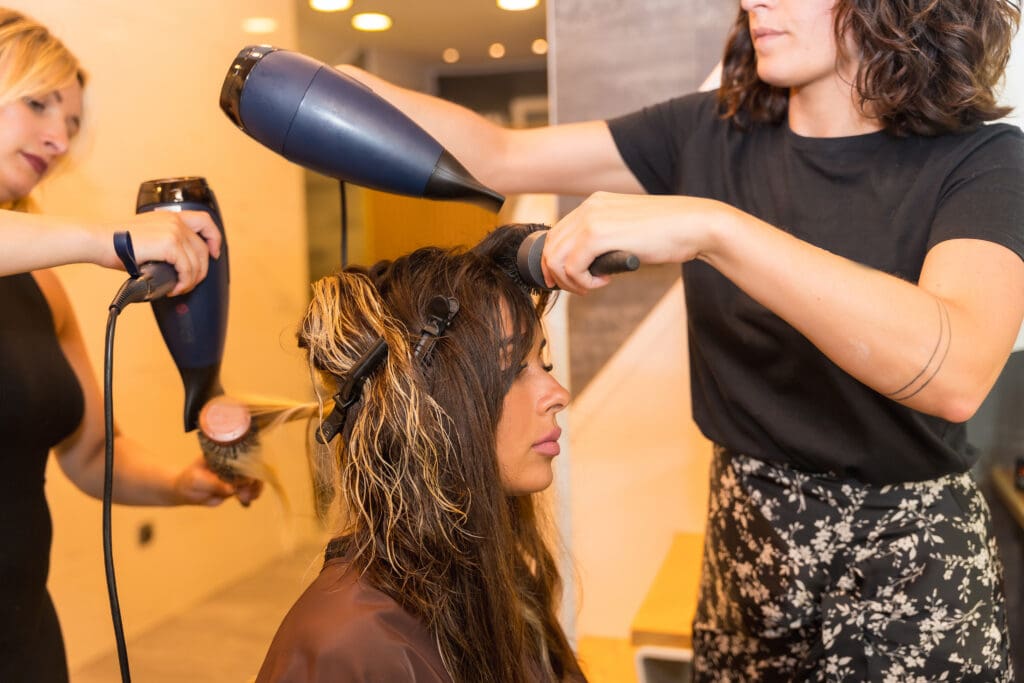The Future of Hairstyling: Trends and Innovations in Hair School Curriculums
The hairstyling industry is experiencing a wave of innovation and transformation. Driven by technological advancements, changing consumer demands, and a growing emphasis on sustainability, hair schools are updating their curriculums to prepare future stylists for a dynamic market. This article explores the latest trends and innovations in hair school curriculums, providing insights into how these changes are shaping the future of hairstyling education and career opportunities.

Current Trends in Hairstyling Education
Sustainable and Eco-Friendly Practices
Sustainability is becoming a cornerstone of modern hairstyling education. Hair schools are integrating eco-friendly practices into their curriculums, emphasizing the importance of environmental responsibility in the beauty industry.
Key Focus Areas:
• Eco-Friendly Products: Training in the use of organic and biodegradable products.
• Waste Management: Best practices for reducing salon waste, including recycling and composting.
• Energy Efficiency: Techniques for reducing energy consumption in salon operations.
Many schools partner with eco-conscious brands to provide students with practical experience using sustainable products. This not only meets growing consumer demand for green beauty options but also prepares students to implement sustainable practices in their careers.
Advanced Techniques and Technologies
The integration of advanced techniques and technologies is revolutionizing hairstyling education. Hair schools are adopting digital tools and state-of-the-art equipment to enhance the learning experience.s
Key Technologies:
• 3D Modeling Software: For designing hairstyles and visualizing colour applications.
• Virtual Reality (VR) and Augmented Reality (AR): For immersive learning experiences and simulations.
• Digital Color Matching Tools: To help students understand and apply colour theory accurately
Innovations in Hair School Curriculums
Integration of Technology in Learning
The role of technology in education is expanding, with hair schools incorporating various digital tools to enhance learning. Online platforms provide flexible access to resources, while VR and AR offer immersive training experiences.
Innovative Features:
• Online Learning Platforms: Offering video tutorials, interactive modules, and forums for peer interaction.
• Simulated Salon Environments: Allowing students to practice and refine their skills in a virtual setting.
• Digital Portfolios: Students can create digital portfolios showcasing their work, making it easier to share with potential employers.
Collaboration with Industry Professionals
Collaborating with industry experts is a growing trend in hair school curriculums. These partnerships provide students with invaluable real-world insights and experiences.
Collaborative Opportunities:
• Guest Lectures and Workshops: Featuring top stylists and industry leaders.
• Internships and Externships: Providing hands-on experience in professional settings.
• Product Line Collaborations: Allowing students to work with exclusive product lines and tools.
Students may have opportunities to intern at renowned salons, gaining practical experience and networking with industry professionals. These experiences can lead to job offers and provide a deeper understanding of salon operations.

Diversity and Inclusivity in Beauty Education
As the beauty industry becomes more inclusive, hair schools are updating their curriculums to reflect this diversity. Students are trained to work with all hair types and textures and to understand cultural hairstyling practices.
Focus Areas:
• Comprehensive Hair Type Training: Covering straight, wavy, curly, and coily hair.
• Cultural Sensitivity: Educating students on the cultural significance of different hairstyles.
• Inclusive Beauty Practices: Ensuring services are accessible and respectful to all clients.
Courses on cultural hairstyles, such as braiding, locs, and traditional updos, are becoming standard. This education equips students to serve a diverse clientele and provides a broader understanding of global beauty standards.
Preparing Students for the Future in Hair School Curriculums
Developing a Future-Ready Skill Set
Hair schools are expanding their focus beyond technical skills to include business, marketing, and customer service training. This holistic approach prepares students for a variety of career paths, from working in salons to becoming independent entrepreneurs.
Key Skills:
• Business Management: Basics of running a salon, including financial planning and staff management.
• Marketing and Branding: Strategies for promoting services, including social media marketing.
• Customer Relationship Management: Techniques for building and maintaining client relationships.
Students learn how to create and manage a personal brand, crucial for those who wish to build a loyal client base or start their own business. This training includes managing social media profiles, creating content, and engaging with followers.
Encouraging Innovation and Creativity
Creativity is a vital aspect of hairstyling, and hair schools are fostering this trait by encouraging experimentation and innovation. Students are provided with opportunities to explore new styles and techniques, pushing the boundaries of traditional hairstyling.
Creative Opportunities:
• Competitions and Showcases: Platforms for students to display their skills and creativity.
• Innovative Projects: Encouraging the development of new techniques and styles.
• Mentorship Programs: Pairing students with experienced stylists to nurture their creative talents.
Competitions such as “Student Stylist of the Year” offer students a chance to showcase their work and gain recognition. These events often attract industry professionals, providing networking opportunities and exposure.
Spotlight on Progressive Hair Schools
Examples of Leading Institutions
Several hair schools are leading the way in innovative education. These institutions offer specialized courses, cutting-edge facilities, and curriculums that adapt to the latest industry trends.
Highlighted Schools:
• Eco-Friendly Focused Schools: Offering courses in sustainable salon management and organic products.
• Technology-Driven Institutions: Specializing in digital hair design and VR training.
• Inclusive Beauty Leaders: Providing comprehensive training in diverse hair types and cultural practices.
A technology-driven hair school might offer a state-of-the-art digital studio where students can experiment with 3D hair modelling and virtual consultations, preparing them for the future of hairstyling.
Reputable Hair schools in Mississauga & the Greater Toronto Area

- Passion Beauty Academy, Mississauga Ontario
– Hairstyling Diploma course: https://passionbeautyacademy.com/diploma/hairstyling/ - Chelsey Institute of Beauty, Mississauga Ontario
– Visit Chellsey’s Website: http://chellseyinstitute.ca
Student and Instructor Testimonials
Testimonials provide valuable insights into the quality of education and the overall experience at hair schools. Positive feedback from students and instructors can highlight the strengths of the program and the opportunities it provides.
Instructors often highlight the importance of continuous professional development, staying updated with the latest techniques and trends. Students frequently mention the supportive environment and the practical skills they acquire, which are crucial for their careers.
Future Trends in Hair Styling
Personalized Learning Experiences
Customization in education is becoming a trend, with hair schools offering personalized learning experiences tailored to individual student needs and career goals. This approach allows students to focus on areas of interest and gain specialized knowledge.
Key Components:
• Customized Curriculum Paths: Allowing students to specialize in specific areas such as color theory or cutting techniques.
• One-on-One Mentorship: Personalized guidance from experienced instructors.
• Flexible Learning Options: Including part-time and online courses to accommodate diverse schedules.
The Rise of Freelancing and Mobile Hair Stylists
The gig economy is influencing the hairstyling industry, with more professionals opting for freelance or mobile stylist careers. Hair schools are preparing students for this shift by teaching skills related to entrepreneurship and mobile salon management.
Skills for Freelancers:
• Self-Promotion: Building a personal brand and online presence.
• Client Management: Scheduling, communications, and logistics for mobile services.
• Financial Planning: Managing finances, taxes, and business expenses as an independent contractor.
The hairstyling industry is on the cusp of significant change, driven by innovation, technology, and a growing emphasis on sustainability and inclusivity. Hair school curriculums are evolving to equip students with the skills and knowledge necessary to thrive in this dynamic field. By choosing programs that embrace these trends and innovations, students can ensure they are well-prepared for a successful and fulfilling career in hairstyling. Whether you’re looking for a focus on eco-friendly practices, advanced technologies, or inclusive beauty education, the future of hairstyling education offers a wealth of opportunities to explore and grow.
